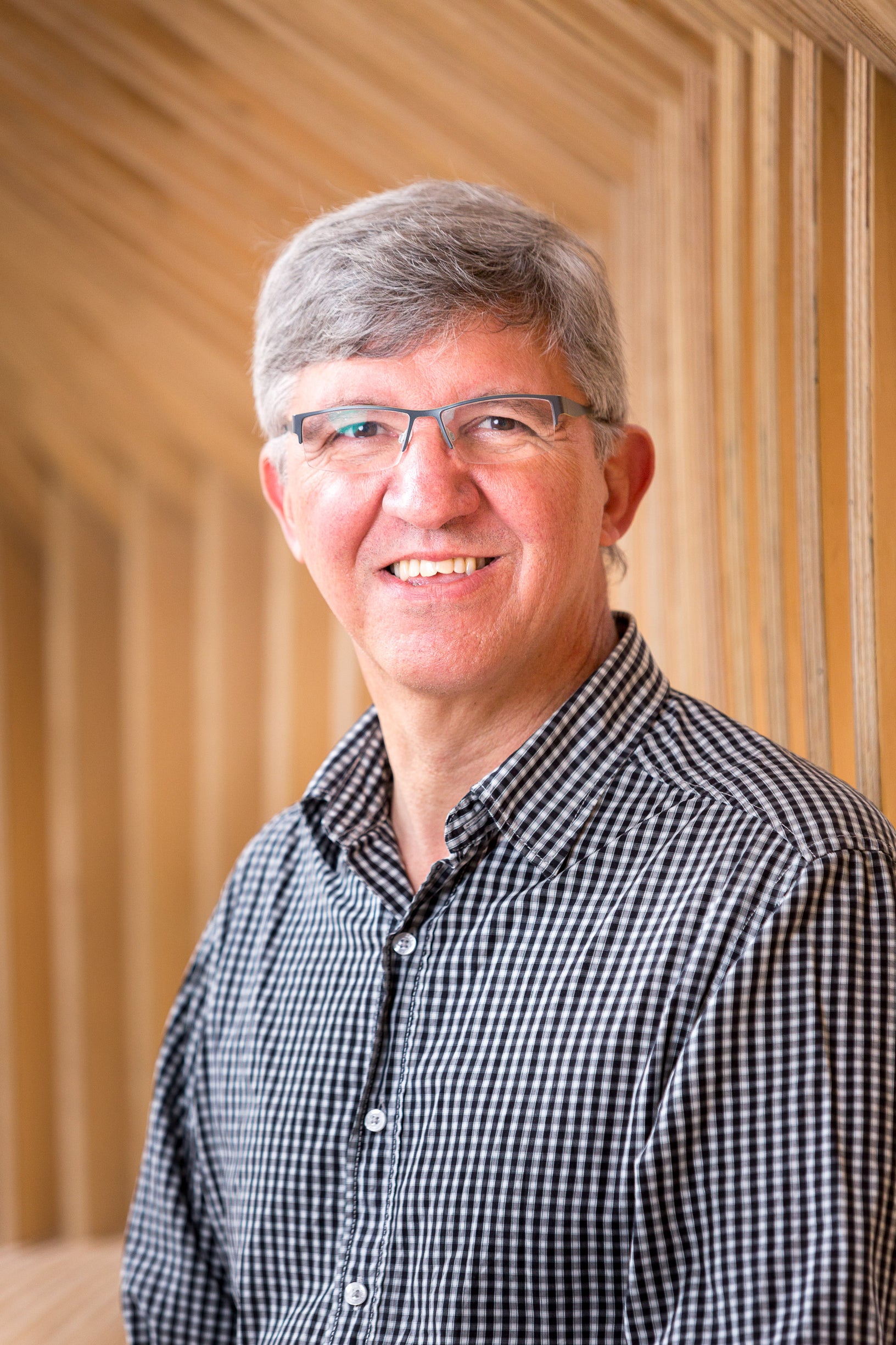Roger Rassool is an experimental Nuclear and Particle Physicist who has made significant contributions to industry collaboration, community engagement, and global health. His expertise lies in detection, data acquisition and particle accelerator physics. He has established a strong international reputation through partnerships with organizations like IBM and CERN, leading large-scale initiatives and securing industrial funding.
Roger is deeply committed to education and community outreach. As a passionate educator, he has inspired countless students through his engaging teaching methods and dedication to fostering a deep understanding of physics. Beyond the classroom, he is actively involved in outreach programs designed to spark interest in science among young people and the broader community. He frequently participates in public lectures, science festivals, and school visits, where he demonstrates the wonders of physics through interactive experiments and engaging presentations. His outreach efforts are aimed at making science accessible and exciting, encouraging the next generation to pursue careers in STEM fields.
His research work in innovation has led to several inventions transitioning from academia to practical use. In 2010, he shifted his focus to global health, particularly the provision of oxygen in low- and middle-income countries (LMICs). He co-founded the FREO2 Foundation which designs, constructs, and deploys affordable medical oxygen systems for LMICs. FREO2 systems are now used in over 40 remote health clinics in East Africa and the Pacific Islands, providing oxygen therapy to more than 10,000 children. The FREO2 team was awarded the prestigious Australian Eureka Prize for Innovation, recognizing their groundbreaking contributions.
A dedication to equitable access to education and global health equity drives his ongoing collaborations with communities in remote regions of Australia, East Africa and the Pacific Islands. Through this work, Roger aims to bridge gaps in global health and contribute to the well-being of underserved populations.

